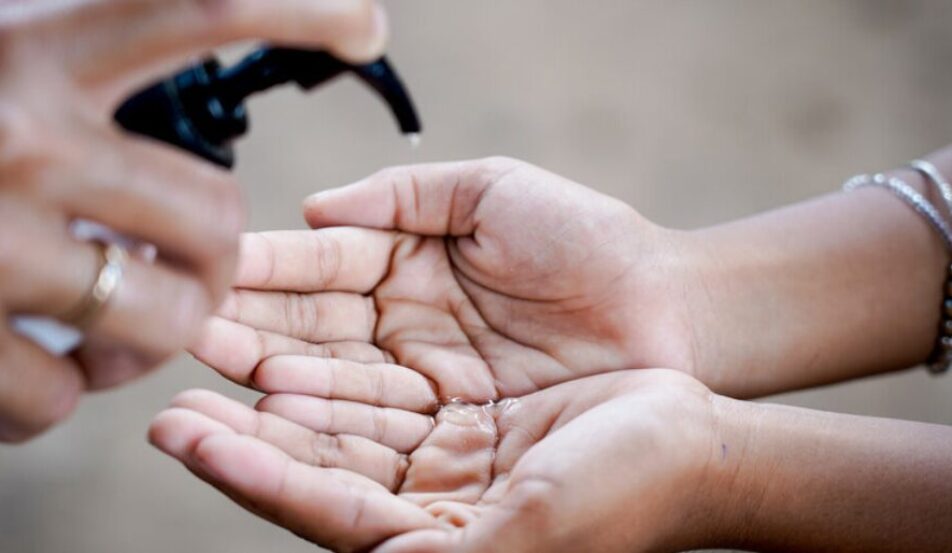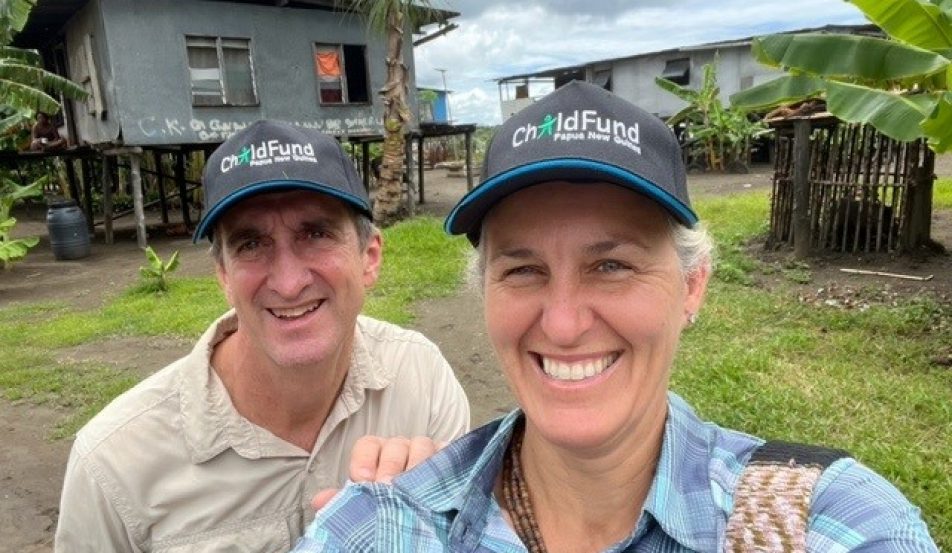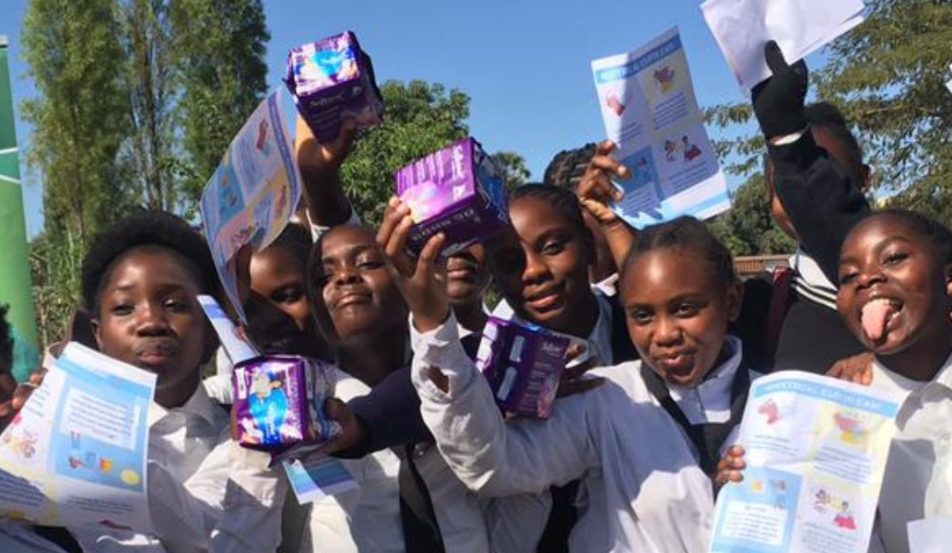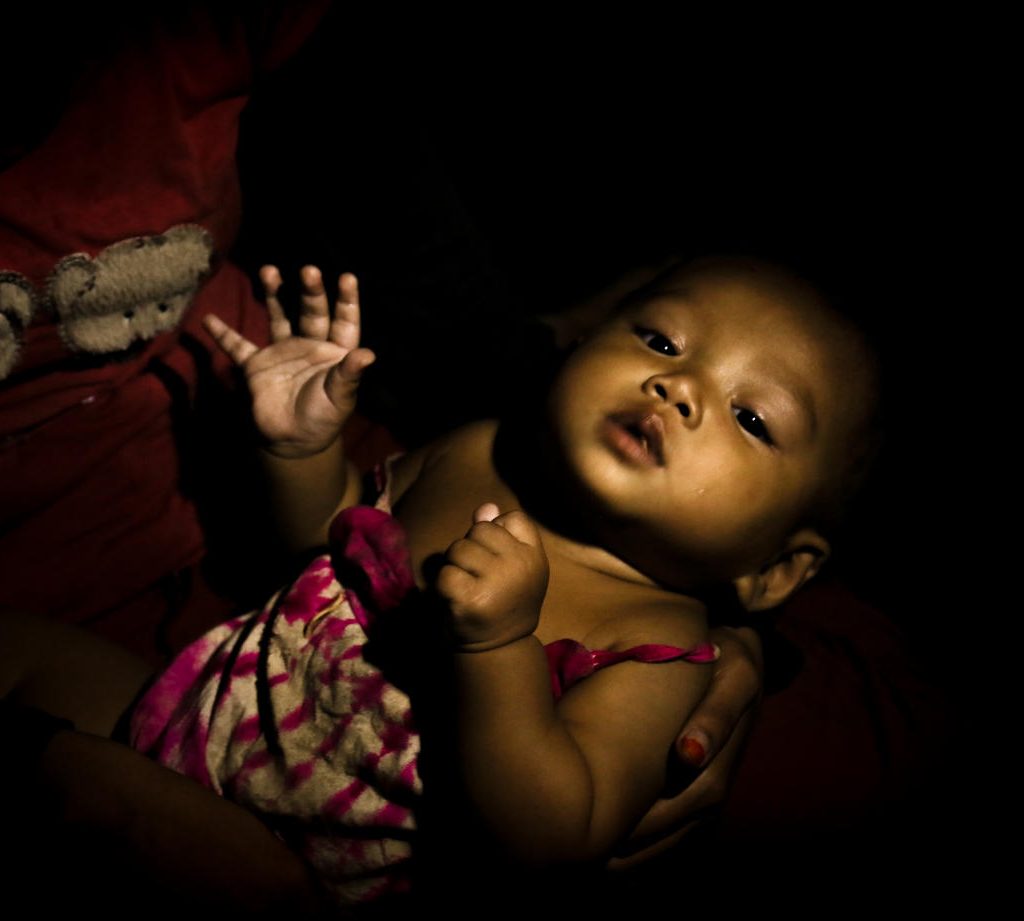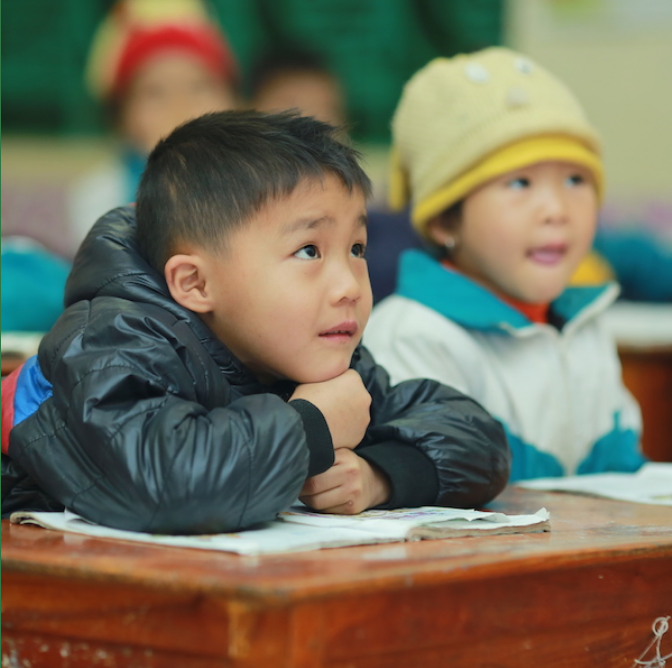When ChildFund staff spoke to Marady`s midwife, she describes how risky Marady`s labour had become: “Without electricity, it was difficult to give her an injection, as I couldn`t see her veins clearly. Sewing her stitches was also difficult with only a torch for light.”
The midwife adds: “I had to rush to find a battery light in the dark, and I kept running into desks and chairs. Marady`s relatives were also running around in panic, which made the situation even harder.”
Over 8,000 people rely on the Khsach Andaet Health Centre for vital medical care. While most patients come in for treatment during the day, almost all of the patients they treat at night are pregnant women about to give birth. What happened to Marady is far from unique.
But a simple innovation can make all the difference. ChildFund has been providing solar panels to rural clinics so they can generate their own electricity. This sustainable power source is enabling healthcare staff to provide essential, life-saving care to pregnant women and children €“ the most vulnerable members of communities.



